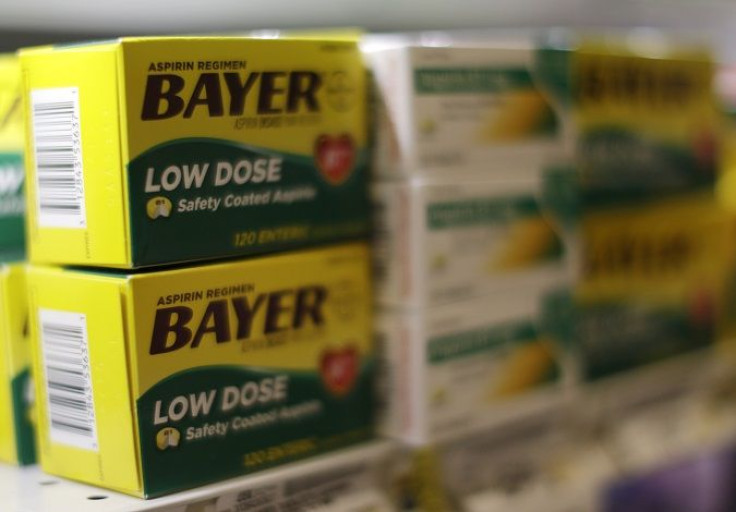Are You Taking Aspirin Daily? Benefits And Risks Revealed In New Study

A new study from Cardiff University has examined the risks and benefits of taking aspirin daily. Researchers found that aspirin's potential side effect of stomach bleeding is less of a concern than the spontaneous bleeds that can happen in people who don't take the drug.
The study also showed that there's no increased risk of death from such bleeding, leading researchers to hope that the news will spur older people and those with conditions that aspirin treats, including heart disease, to use more of it.
To reach their findings, the team used a systematic review and meta-analysis of randomized trials, according to Medical XPress. This type of research draws on the most relevant evidence, therefore it provides “ the strongest evidence for drawing causal conclusions,” the publication reported.
Low-doses of aspirin are an effective additional treatment for patients with cancer, according to recent research. Alongside chemotherapy and/or radiotherapy, the drugs have proven to reduce the deaths of patients with bowel, and possibly other cancers, by a further 15 percent.
According to Medical XPress, research has also shown that a small daily dose of aspirin can reduce the occurrences of both heart disease and cancer by around 30 to 30 percent.
"With our study showing that there is no increased risk of death from stomach bleeding in people who take regular aspirin, we hope there will be better confidence in the drug and wider use of it by older people, leading to important reductions in deaths and disablement from heart disease and cancer across the community,” said Professor Peter Elwood from Cardiff University's School of Medicine, according to Medical XPress.
Source: Elwood PC, Morgan G, Galante J, Chia JWK, Graziano JM, et al. Systematic Review and Meta-Analysis of Randomised Trials to Ascertain Fatal Gastrointestinal Bleeding Events Attributable to Preventive Low-Dose Aspirin: No Evidence of Increased Risk. PLOS ONE. 2016.
Read more:
Health Benefits Of Aspirin: Regular Use May Lower Risk For Advanced Prostate Cancer
Need An Aspirin? New App Weighs Patients' Risk And Benefits In Second



























